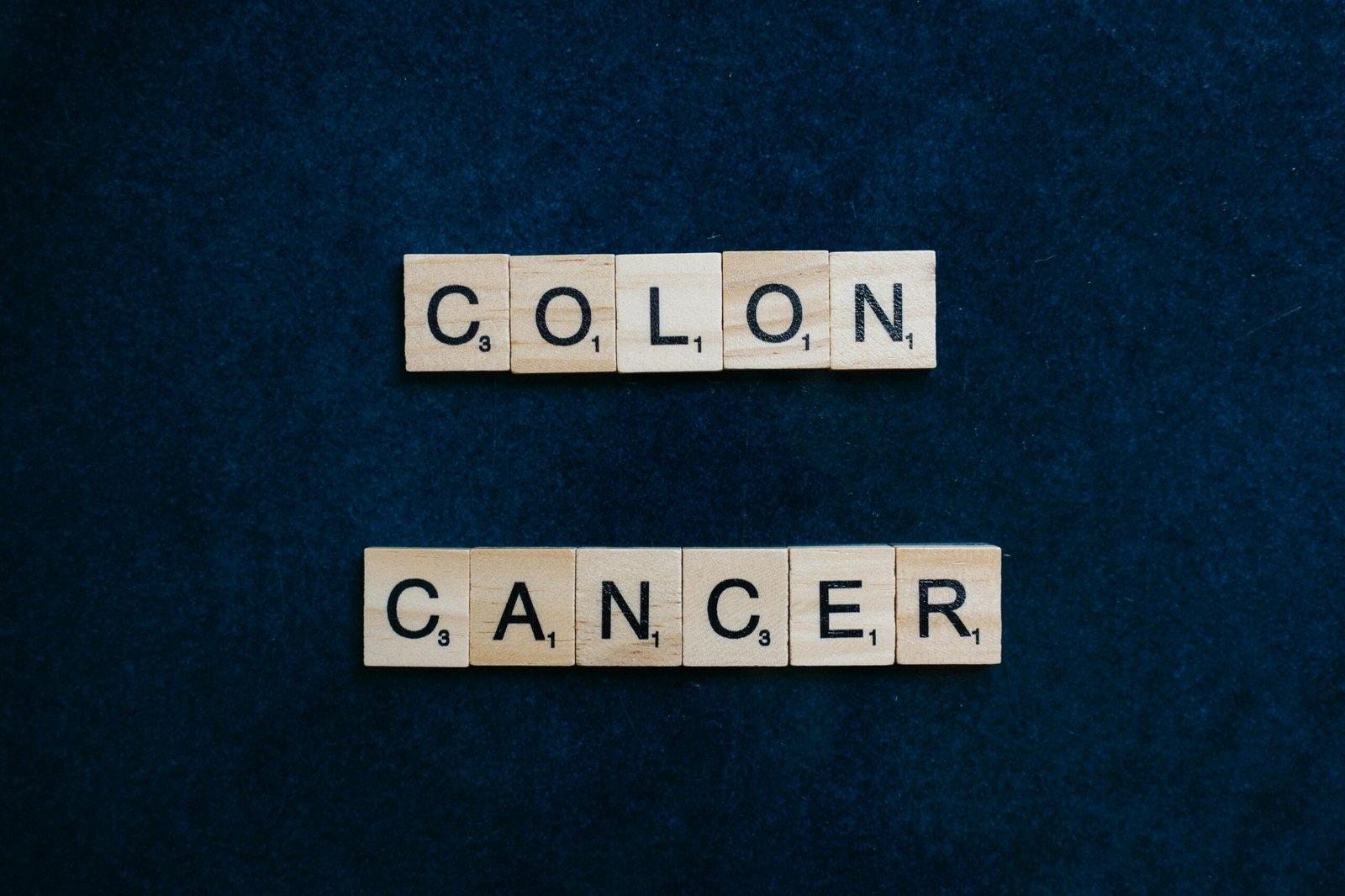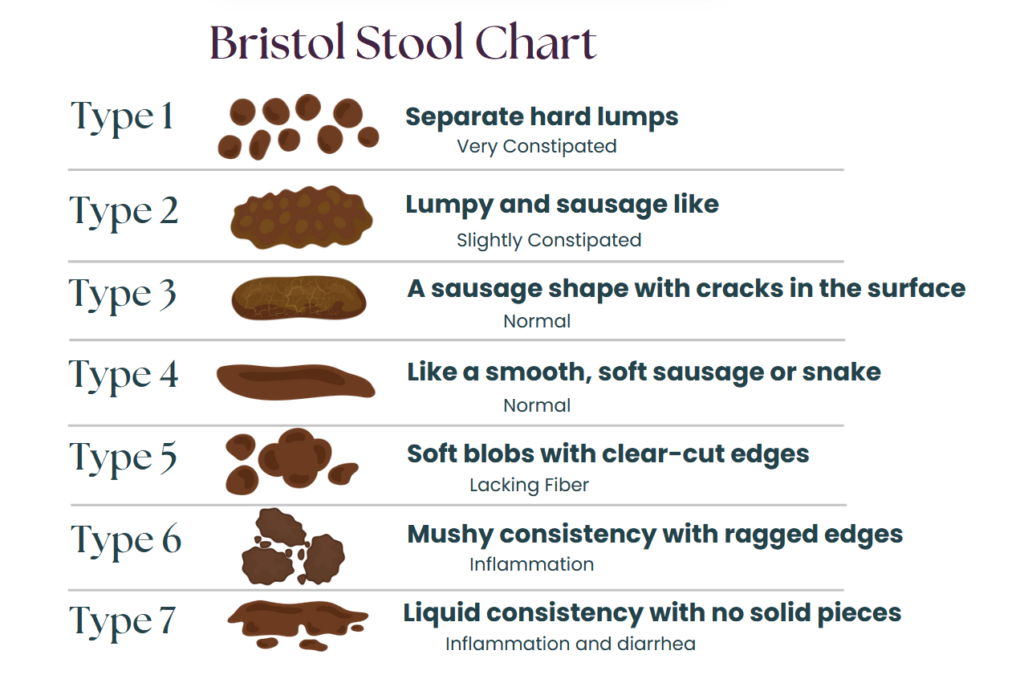Colon Cancer is Rising in Young Adults: Here’s What You Can Do to Lower Your Risk
Colon cancer is on the rise in younger adults, and the statistics are alarming. In fact, colorectal cancer is now the leading cause of cancer-related deaths for people under 50. But why is this happening, and more importantly, what can you do to protect yourself?
Why Are Colon Cancer Rates Increasing in Younger Adults?
Colon cancer was once considered a disease that primarily affected older adults. However, since 1990, cases have doubled in people under 50. Just this year, colorectal cancer became the number one cause of cancer deaths in young adults.
While researchers are still working to understand why this is happening, several risk factors have been linked to the increase, including:
Sedentary lifestyle
Overweight & obesity
Smoking & heavy alcohol use
Low-fiber, high-fat diets
Diets high in processed meats
Environmental factors & family history
The good news? You have control over many of these factors!
1. Eat More Fiber – Your Gut’s Best Friend
One of the biggest dietary risk factors for colon cancer is low fiber intake. Right now, the average American eats only 15 grams of fiber per day—about half of what’s recommended:
25g/day for women
38g/day for men
Best Sources of Fiber
Fiber comes from plants—if it grew from the ground, it’s got fiber! Some of the best sources include:
Fruits: Apples, berries, pears, oranges
Vegetables: Leafy greens, carrots, broccoli, Brussels sprouts
Whole Grains: Oats, brown rice, quinoa, whole wheat bread & pasta
Legumes: Beans, lentils, chickpeas
Nuts & Seeds: Chia seeds, flaxseeds, almonds
Soluble vs. Insoluble Fiber
There are two types of fiber, and both play a role in gut health:
Soluble Fiber dissolves in water and helps lower cholesterol and stabilize blood sugar. Found in: oats, beans, lentils, flaxseeds, apples, citrus fruits.
Insoluble Fiber doesn’t dissolve in water and helps keep digestion regular. Found in: whole grains, nuts, seeds, leafy greens, vegetables.
Simple Swaps to Increase Fiber Intake
Here’s what a typical low-fiber diet looks like compared to a fiber-filled day:
Low-Fiber Day (~15g total)
Bagel with cream cheese + coffee (2g)
Cheeseburger, fries, soda (4g)
Chips or granola bar (2g)
Chicken Alfredo with white pasta (4g)
Ice cream or cookies (1-2g)
High-Fiber Day (~30g total)
Oatmeal with berries & flaxseeds (10g)
Taco salad with black beans & avocado (9g)
Apple with peanut butter (5g)
Whole wheat spaghetti with turkey meatballs + side salad (8g)
By making small changes, you can easily double your fiber intake and support gut health while lowering your cancer risk. Just remember—if you’re increasing fiber, do it gradually to avoid digestive discomfort.
2. Move More – Reduce Your Risk
Another major risk factor for colon cancer is a sedentary lifestyle. Many of us spend hours sitting at desks, commuting, or watching TV. But even small movements throughout the day can make a big difference!
Easy Ways to Move More:
Take 5-minute movement breaks every hour
Walk after meals (bonus: helps digestion and blood sugar!)
Stretch while watching TV
Park further away from entrances
Do a few squats while brushing your teeth
You don’t have to hit the gym for an hour a day—just find ways to move your body in ways that feel good for you!
3. Reduce Processed & Red Meat
There is strong evidence linking processed meats to colon cancer. The World Health Organization even classifies processed meats as a Group 1 carcinogen—meaning they are probably cancer causing in humans.
Processed Meats to Limit:
🚫 Bacon 🚫 Sausage 🚫 Hot dogs 🚫 Deli meats (ham, turkey, salami, bologna) 🚫 Pepperoni
Healthier Swaps:
Replace deli meats with grilled chicken, tuna, or hummus on sandwiches
Use beans or lentils in place of sausage in recipes
Choose fresh, unprocessed meats when possible
Reduce red meat to 18 ounces per week (about three small servings)
4. Cut Back on Alcohol
Excessive alcohol intake is another major risk factor for colon cancer. The American Cancer Society recommends:
- No more than 1 drink per day for women
- No more than 2 drinks per day for men
For cancer prevention, less is better. Try swapping alcohol for mocktails, kombucha, or sparkling water.
5. Pay Attention to Your Gut Health
If something feels off with your digestion, don’t ignore it. Talk to your doctor if you experience:
🚨 Constipation or persistent diarrhea
🚨 Blood in your stool
🚨 Sudden, unexplained changes
Your doctor—and your dietitian—want to hear about it! Changes in stool can be one of the earliest signs of an issue, so don’t be afraid to speak up.
One tool that can help you track your digestive health is the Bristol Stool Chart. This chart categorizes stool into seven types, from hard and lumpy (constipation) to entirely liquid (diarrhea). Keeping an eye on your stool consistency can provide valuable insights into your gut health!
Take Charge of Your Health
Colon cancer is rising in young adults, but you can take action to protect yourself:
✔ Eat more fiber
✔ Move more
✔ Cut back on processed meats & alcohol
✔ Pay attention to your body & speak up if something feels off
And don’t forget—the newest guidelines recommend everyone start screening for colon cancer at age 45, even if you have no family history.
References:



